
Crip Negativity
Calling Up Justice recommends texts for liberation and empowerment. These texts are recommended by Calling Up Justice participants in our online spaces. The following text was recommended during a session of Dis/Rep 2023.

Calling Up Justice recommends texts for liberation and empowerment. These texts are recommended by Calling Up Justice participants in our online spaces. The following text was recommended during a session of Dis/Rep 2023.
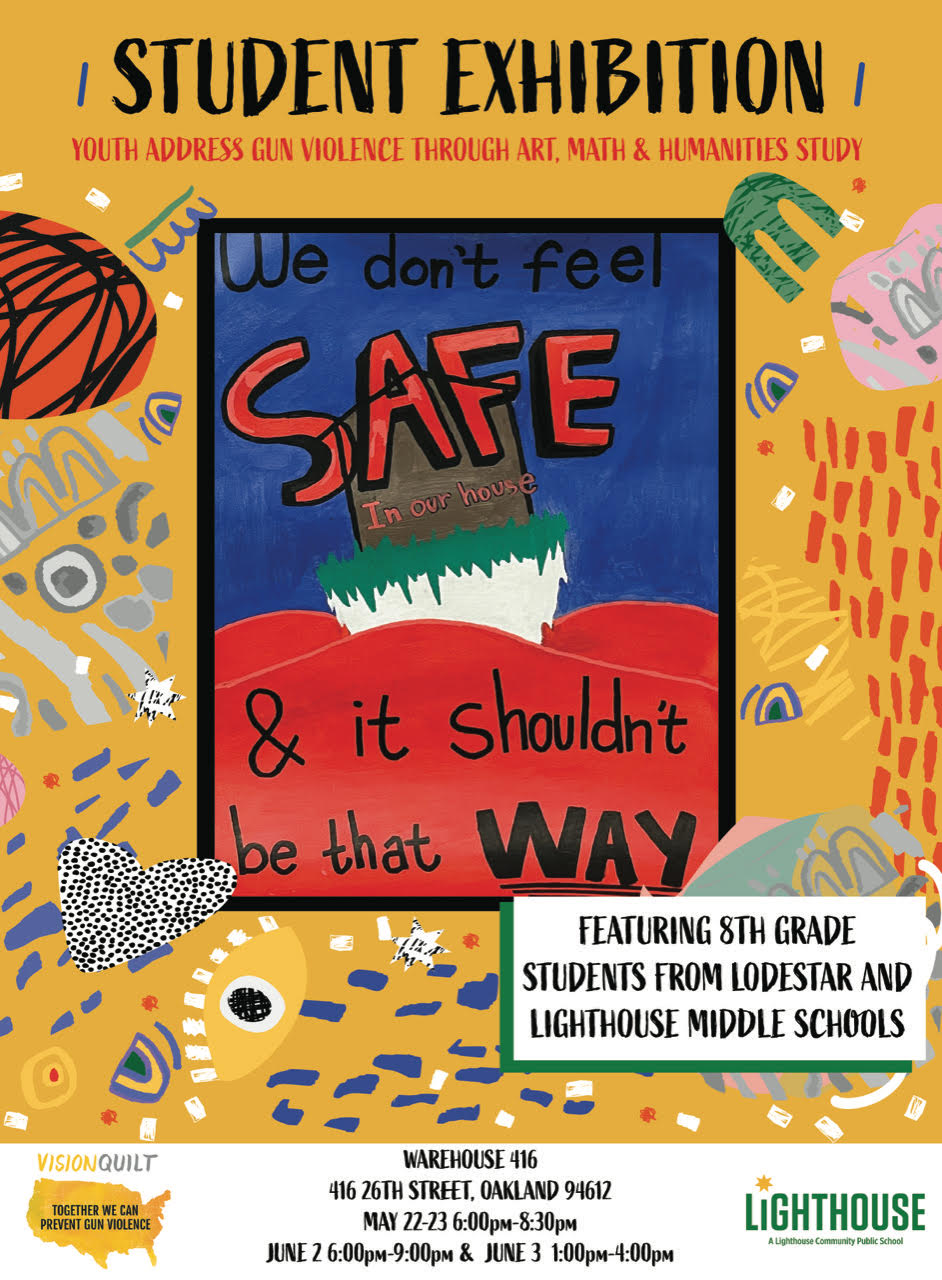
Claudia Alick attended Vision Quilt’s student exhibition where youth address gun violence through art math and humanities studies. Founder Cathy Deforest introduced Claudia to teachers who helped design the curriculum and students showed off their art. She also introduced Claudia to Kenny Johnson an award winning athlete, victim of gun violence, and disabled community member.

Dungeons & Dragons: Honor Among Thieves 2023 movie review.
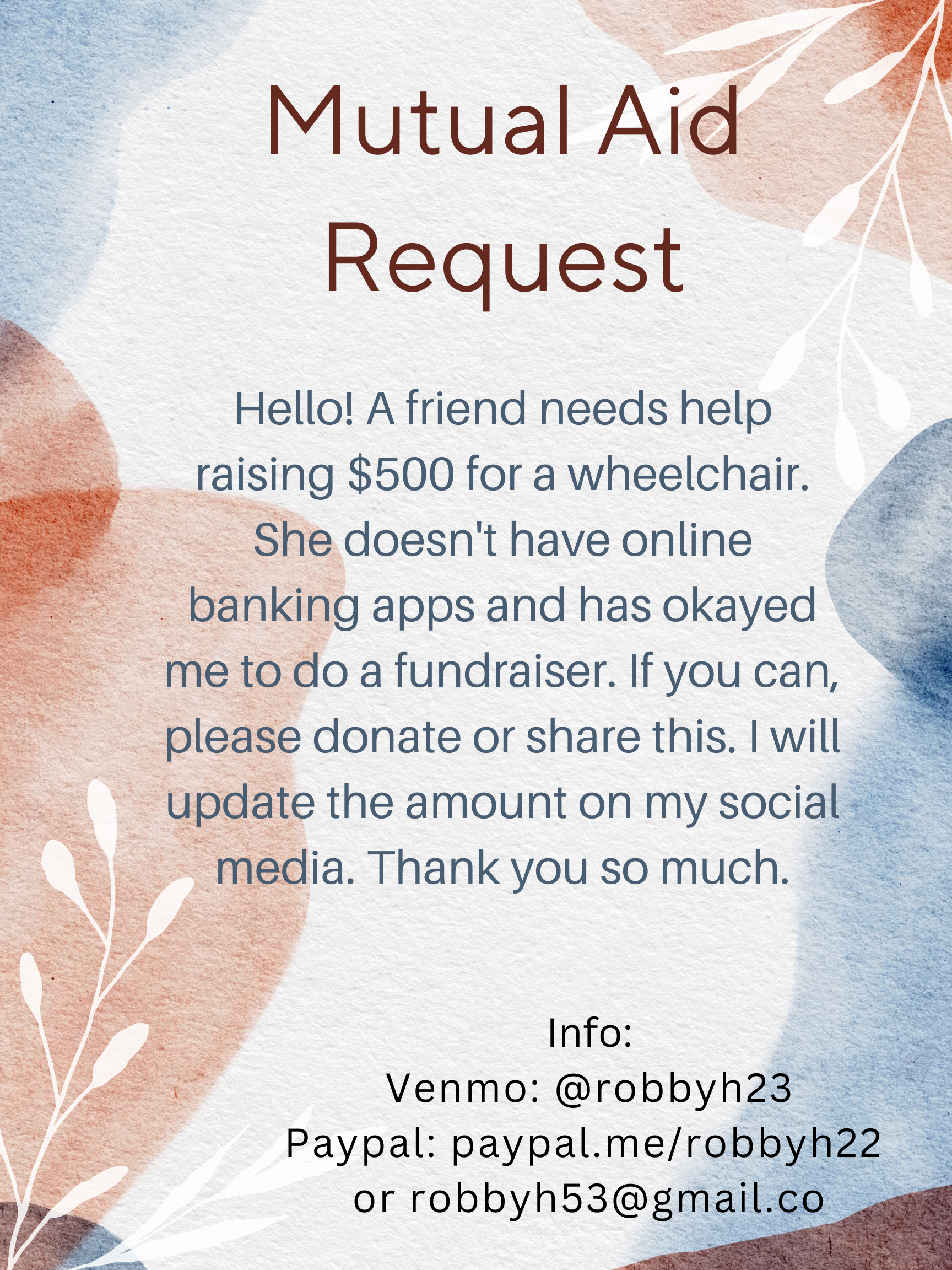
This is a mutual aid call from practice member Ry Holiday. They are working with a friend to raise funds for a wheelchair for someone in Honduras. We discussed this project in our Open Development meeting and helped RY choose design and text. Give directly to https://www.paypal.com/paypalme/robbyh22 or Venmo: @robbyh23
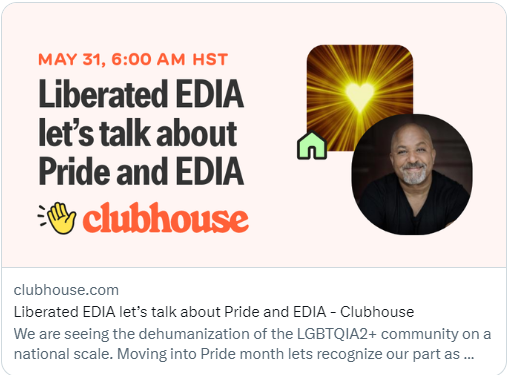
Each Wednesday we gather at 9amPST to talk about liberation, equity, inclusion, and accessibility through a topic. This week we talked about Pride and anti-LGBTQ threats. Listen to the playback at the link below, read the summation article, and visit the links we shared while talking.
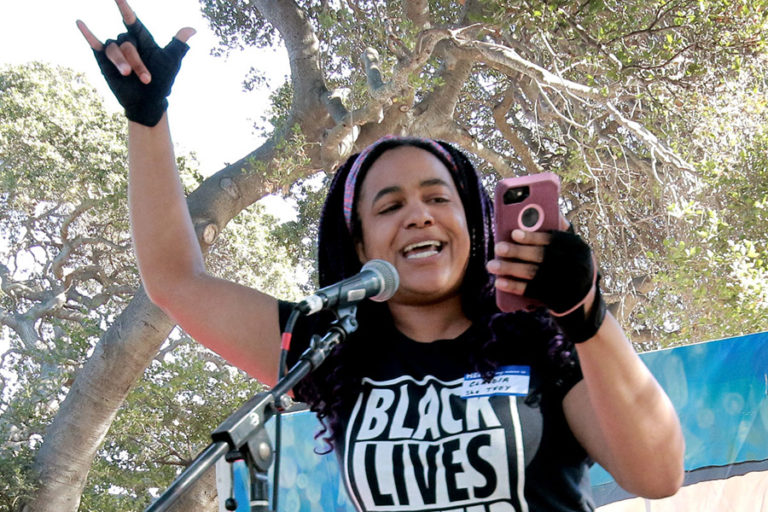
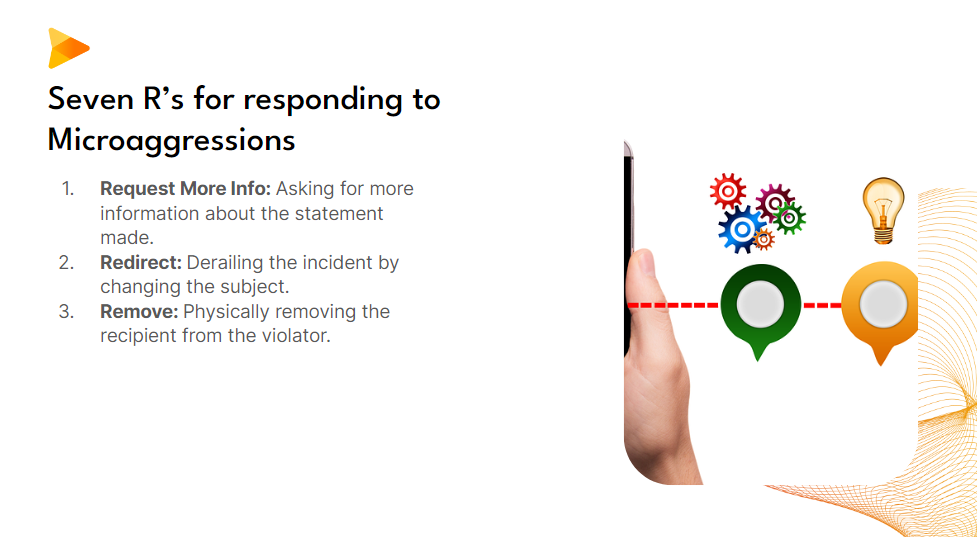
During our last Accessible Innovation session we experimented with a artificial intelligence technology that creates a slidedeck presentation based on your text. We didn’t love the design choices, and it added inaccurate information. We think fine tuning the data helps but the white bias in the design can only be fixed by the programmers at google. However it gave us something easy to edit and served as a first step tool for accessibility. We edited the most incorrect text but left the images so you can see how the AI is biased in ways that subvert anti-racism.
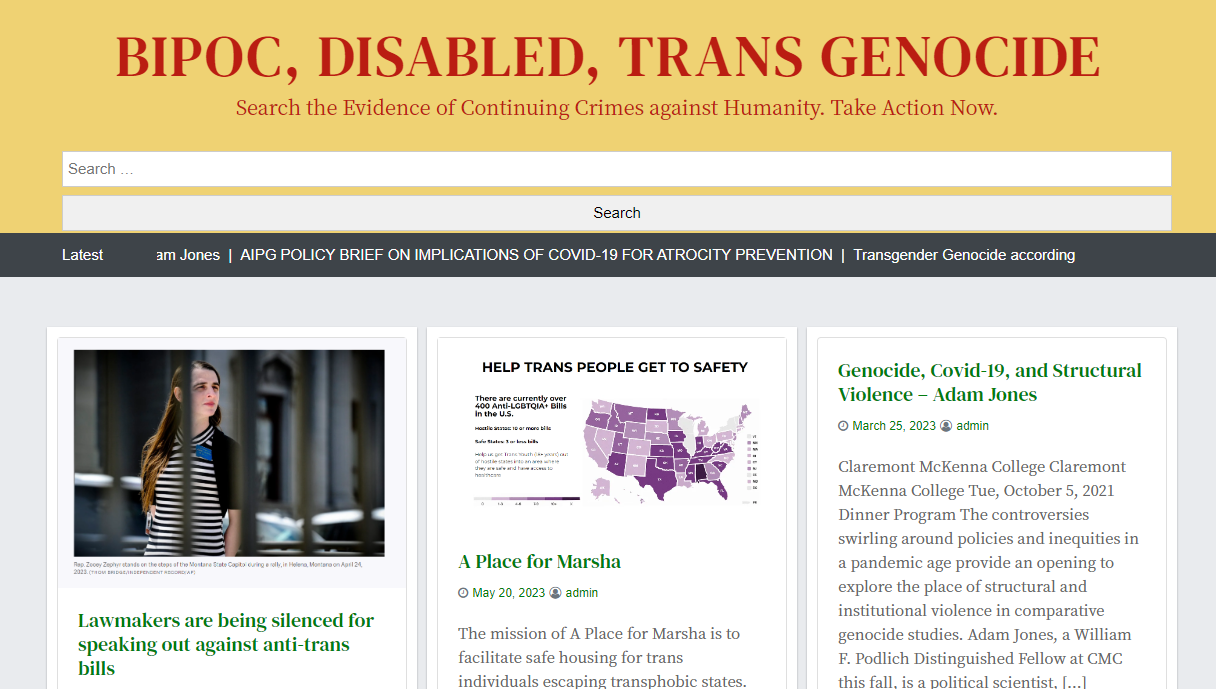
We Charge Genocide TV hackathons are a virtual, design sprint event for social justice taking place over 1-2 hours. We gather online or in person to do group research and publish the results to the site. Each hackathon is facilitated by a leader and main participants have access to log into the website simultaneously.These sessions can be livestreamed to connect a larger audience. WCGTV hackathons are community building and educational jam sessions where we are hacking the system and hacking our own minds for our collective future.
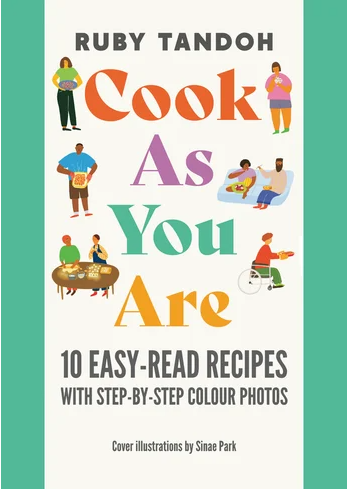
At CripCreate, our awesome weekly accessible co-working and socializing space for disabled individuals, we recently had an exciting session discussing cooking hacks to make the
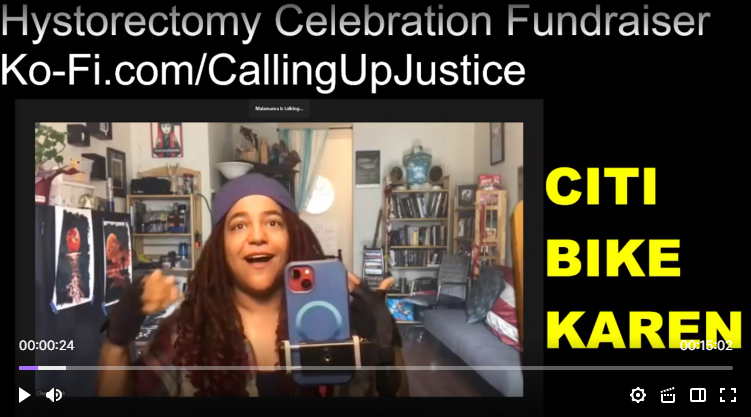
CitiBikeKaren Talk: The Hysterectomy Celebration Fundraiser. Maiamama joins us from the recovery bed as we discuss the CitiBikeKaren Discourse. The “Citi Bike Karen” video footage shows Black teens, subjected to what is widely being derided as fake tears by Sarah Jane Comrie, a physician assistant whose calls for “help” followed the playbook of other white women “Karens” who weaponize their whiteness typically at the expense of Black people. We produced this as a fundraiser for Maiama’s recovery fund.
Copyright © 2023 Calling Up! • Site Design by MULTO.com
Calling Up Justice is fiscally sponsored by Intersection for the Arts, a 501(c)(3) nonprofit organization, which allows us to offer you tax deductions for your contributions. Please make checks payable to Intersection for the Arts, and write “Calling Up Justice” in the memo line. This ensures that you’ll receive an acknowledgement letter for tax purposes, and your donation will be available for our project.